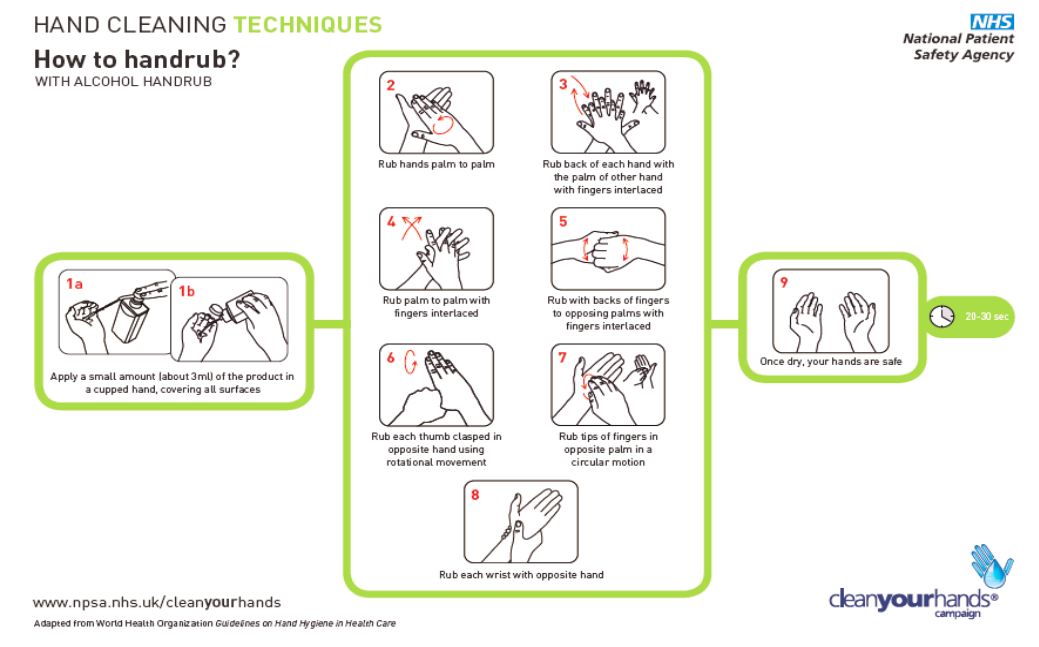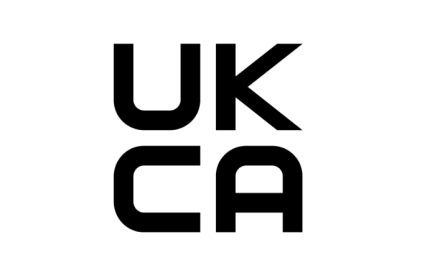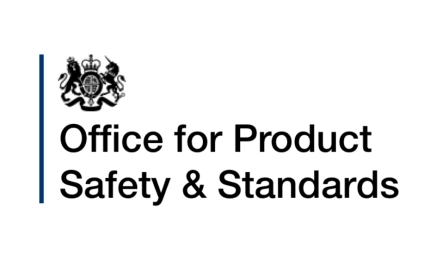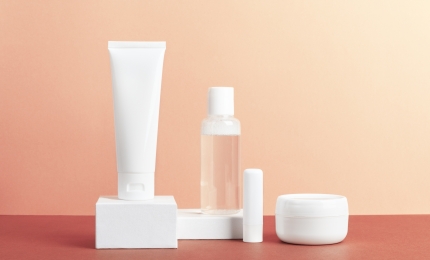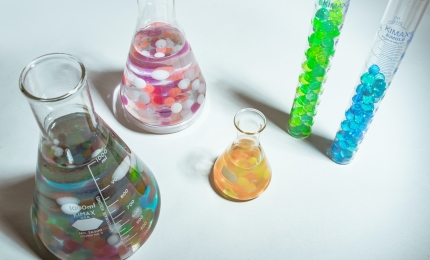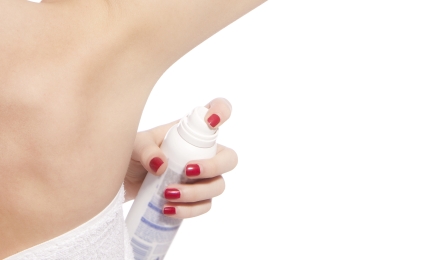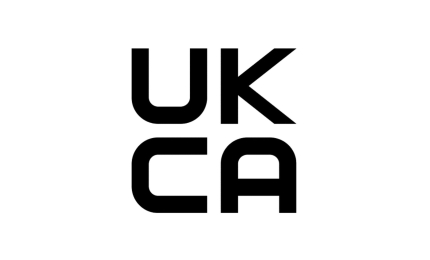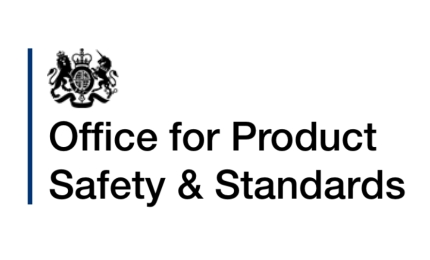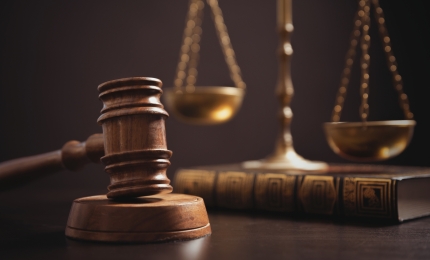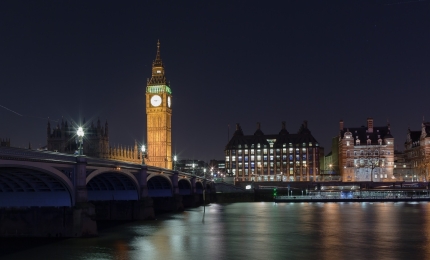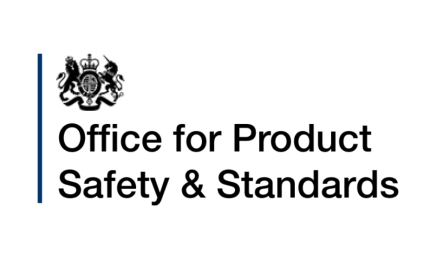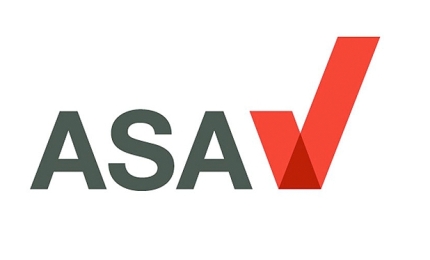Find us on...
Updated 26 March 2020
During these concerning times of COVID-19 virus (Coronavirus), while hand washing with soap and water is the best way to protect yourself from infections like Coronavirus, alcoholic hand gels are also a useful defence.
Whether you are manufacturing hand gels or hand sanitisers in the UK or importing them from another country, there are strict rules that apply to ensure safety and efficacy.
Is my hand gel a cosmetic product?
Sometimes it may be unclear whether a particular product is a cosmetic product under cosmetics legislation or whether it falls under other sectorial legislation.
For hand gels and sanitisers, they may be a cosmetic, a biocide or even a medicine. For such 'borderline products', the decision on a product’s classification must be taken on a case-by-case basis and will depend on the product’s primary function, presentation and claims.
If the function of the product is to clean and/or moisturise hands whilst providing a secondary antimicrobial effect, then the product can be classed as a cosmetic.
If the sole purpose of the product is to kill germs, disinfect or sanitise hands or prevent cross contamination, then the product is a biocide.
If a product is presented as principally preventing or treating a disease or adverse condition, it would be classed as a medicine. If a product explicitly says it is intended to prevent against specific viruses, such as COVID-19, flu or cold bugs or other named germs, it is a medicine.
Strict Legislation
In all cases there is strict regulation that must be complied with before placing these products onto the UK market:
- a cosmetic product must comply with the EU Cosmetic Products Regulation (CPR). Clear guidance is available here and also from the FAQ section;
- a biocidal product must comply with the EU Biocidal Products Regulation. This is out of the remit of CTPA, but more information is available from the HSE (Health & Safety Executive) website.
- a medicinal product must comply with the Human Medicines Regulation. This is out of the remit of CTPA, but more information is available from the MHRA (Medicines and Healthcare products Regulatory Agency) website.
It is illegal to place any of these product types on the UK market without complying with the relevant regulation.
CTPA has been engaging with the key Government departments to relay the readiness of the cosmetics industry to help in this critical situation, but to also highlight the importance of all the legislative frameworks.
The UK Government has now issued guidance on “Producing hand sanitiser and gel for coronavirus (COVID-19)”. It has introduced temporary changes to the use and supply of denatured alcohol and duty-free spirits, to help businesses who produce hand sanitiser and gel. Information, including for cosmetic products, is available from GOV.UK here.
Claims
In addition the strict safety legislation highlighted above, another important legal requirement under cosmetic law is that any claim made by a product must be substantiated with robust data. While the CPR does not state what test must be performed for any particular claim, the substantiation is open for scrutiny by the authorities.
For claims regarding killing microorganisms, it is industry best practice to follow standardised test methods (from the International Standards Organisation, ISO, and the European Committee for Standardisation, CEN).
CTPA has general advice on antibacterial claims. However, under the current situation, we would like to also highlight advice on 'antiviral' claims.
Hand sanitisers which make general, broad spectrum anti-viral claims are not necessarily regarded to be medicinal but they would otherwise be classed as biocides. However, assessment will be made on a case-by-case basis considering the overall context and presentation for the product and the understanding of the averagely well-informed consumer.
For example, an ‘antiviral’ claim could still fall into the medicinal remit if it is associated to pictures of a specific virus; so even if the wording doesn’t mention any specific virus, a picture or a symbol may well do so and therefore change the meaning of the claim. The MHRA recognised that nowadays, the averagely well-informed consumer may take general antiviral claims to mean that the product is effective against Covid-19. Therefore the MHRA’s assessment will really look at the broad presentation and understanding of the consumer when deciding whether a claim is medicinal or not.
Specific claims on viruses, like ‘kills/protects against -virus name-‘ will be instead deemed as medicinal. It is MHRA’s position that any claim that a product can be used to treat or prevent a virus or an infection associated with specifically named pathogens, will be deemed as medicinal. The MHRA focus is particularly on specifically named pathogens such as MRSA, E.coli and now Covid-19. The kind of claim that would be considered medicinal would include ‘Kills/effective against Covid-19/SARS-CoV-2’ as this is an implied medicinal claim to treat or prevent infections caused by Covid-19.
For any further information, companies can contact the MHRA directly via their online advice request form.
Further advice
CTPA shares the concerns over Coronavirus and has issued the following advice on the CTPA consumer website www.thefactsabout.co.uk:
We can all do something to tackle Coronavirus
CTPA urges against using home-made hand sanitisers
